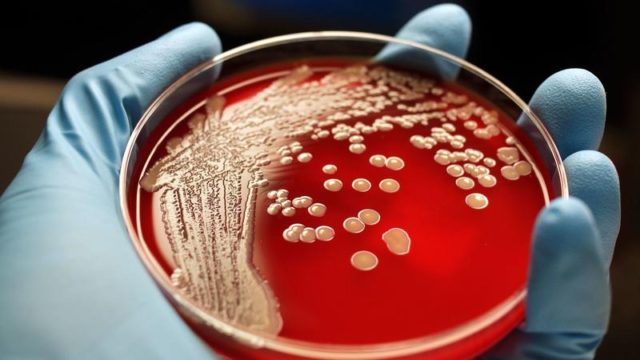Ten babies who caught MRSA from a hospital are evidence that hospitals are filthy. According to Los Angeles Times, hospital infections are common and hidden from the public. Microbiome studies show that a sterile hospital environment is impossible. Parents should consider their home as a cleaner setting for childbirth.
Within a six month period, 10 infants contracted MRSA, an antibiotic-resistant microbe, from the neonatal intensive care unit at the University of California Irvine Medical Center. The latest case, occurring in March 2017, has caused the hospital to close one of its facilities. UC Irvine states that they have completed their second series of deep cleaning, but they do not know where the infection is coming from.
Dr. Amy Edwards, a pediatrician specializing in infectious diseases at UH Rainbow Babies and Children’s Hospital has cleared up some confusion by stating that MRSA can occur naturally on skin. She reported to ABC News that “up to 10 percent of the population is colonized” and that “you can’t decontaminate the entire world.” Edwards also states that “it’s hard to get every little bit of bacteria.”
Microbiome studies show that humans shed up to 37 million bacterial genomes per hour. The infections start to make sense when you figure the high prevalence of MRSA naturally on the skin of people, the rate in which humans shed skin, the amount of people who pass through a hospital, and how hard it is to decontaminate an area. It is impossible to get rid of every speck of dust and every microbe within it.
The infection risk increases when a baby is born via cesarean section because their microbiome is seeded by operating room(OR) germs rather than those of their mother’s birth canal. Studies show that OR germs are mainly composed of bacteria from shed skin cells, and that dust collected in operating rooms following c-sections contain airborne bacteria rich with skin bacteria. OR lamps (which can sprinkle dust when moved by a surgeon), floors, walls, and air vents were all found to be contaminated with bacteria.
To try to combat further infections, UC Irvine Medical Center has implemented additional hospital interventions for infants. They have decided to screen all infants for MRSA and use antibacterial nose ointments and antiseptic soaps on infants. This is troubling as such products further antibiotic resistance and are laced with toxic chemicals that infants should not be exposed to.
A sterile environment is impossible and is not as good for immune system development as an environment rich in beneficial microbes. The existence of microbes isn’t the problem; the problem is the types of microbes. While hospitals are contaminated with infectious diseases, a home is likely to have a high content of microbes that are beneficial for immune system development, especially if the home contains a pet.







